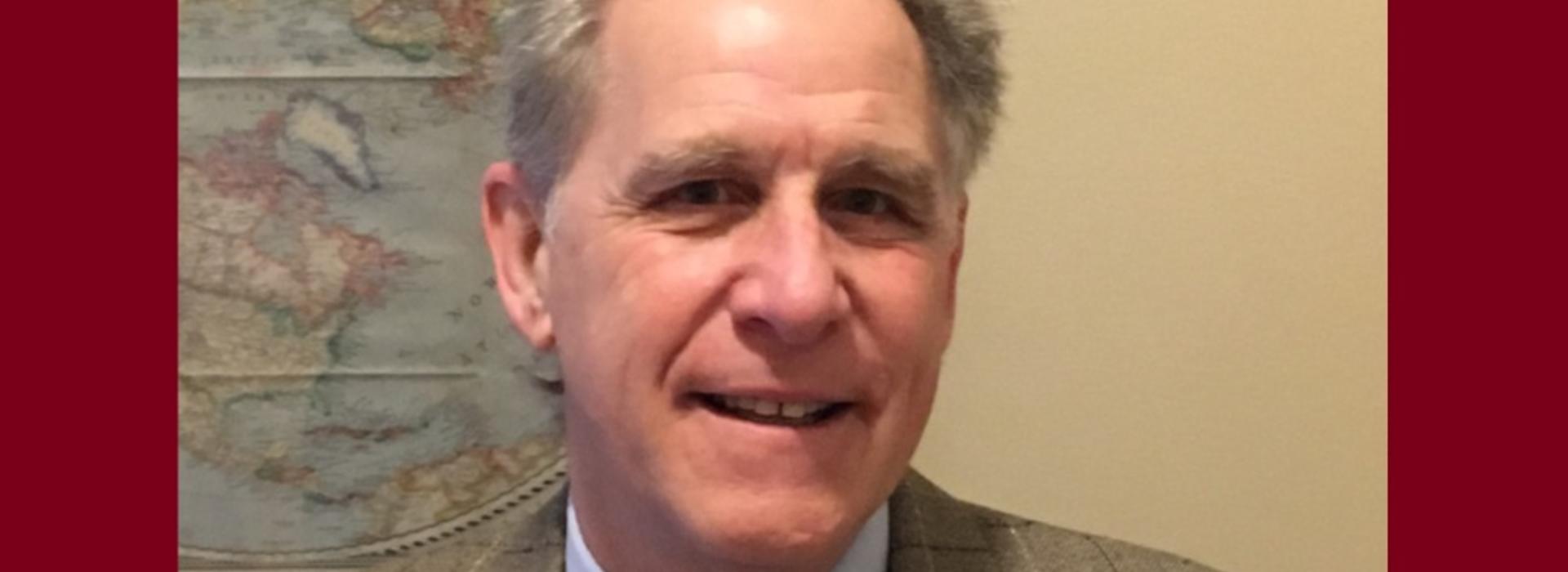
To Boost Minnesota’s Vaccination Rates, Program Starts With Listening
In August of 2021, Minnesota’s COVID-19 full-vaccination rate was 60%, with the national rate even lower at 52%. At that time, the Centers for Disease Control and Prevention (CDC) had just awarded University of Minnesota Medical School Assistant Professor of Family Medicine and Community Health Milton “Mickey” Eder, PhD, in partnership with University of Minnesota Extension, a grant to help build vaccine confidence and uptake across the state. The grant is a part of a national program to boost COVID-19 and influenza vaccination rates across the nation, called “Our Community Our Health.”
For Dr. Eder, the ongoing project to boost vaccination in Minnesota is largely focused around strengthening the relationships between individuals and their communities.
“We, as a community, need to engage in discussion about how vaccines can benefit our immediate quality of life and how, when we do not take preventative measures and continue to interact with family members and other people around us, we risk exposing them to contagious but preventable illnesses,” Dr. Eder said. “When we talk through our connections to others, we have the potential to become more self-aware of how our health decisions and behaviors not only affect ourselves but others, too.”
In community
Engagement makes each participant in a conversation responsible for becoming an active listener. Prior research conducted by Dr. Eder involved hosting Science Cafés. These Cafés demonstrated that it is possible to bring scientists and members of diverse and underserved communities, including community members with limited or no English proficiency, together to discuss health and science topics with the help of interpreters. When it comes to COVID-19, Dr. Eder said he has heard at various community meetings that many hesitate to get vaccinated because of how quickly the vaccine was developed. He has also heard concerns related both to reproductive issues and potential long-term harmful effects.
Dr. Eder emphasized a key takeaway from those conversations is that “researchers and scientists can foster trust within the general public by providing accessible information and helping communities use it to make their own informed decisions. We can be trustworthy or deserving of the community’s trust by acknowledging what we don’t know as well.”
Dr. Eder thinks that scientists can do a better job of describing the varieties of vaccines regularly administered around the globe and the decades of research that fed into the relatively quick development of safe and effective COVID-19 vaccines. He also noted that the historically unparalleled cooperation among scientists aided in developing COVID-19 vaccines. At the same time, when researchers simply report research findings and statistics to community partners, it can create communication difficulties.
Science Café engagement and dialogue facilitated by interpreters showed Dr. Eder and his team that they can succeed in reaching diverse audiences and foster discussion-based learning that increases health literacy and numeracy.
“Dialogue helps illustrate how we make decisions and the implications of those decisions for both our personal health and the broader health of our communities,” Dr. Eder noted.
In clinic
Creating opportunities for meaningful dialogue, Dr. Eder noted, also provides a foundation for shared decision-making in healthcare settings. With shared decision-making, “Clinicians and patients collectively and collaboratively identify what's important to the patient and collaboratively design a care plan to maximize likely health outcomes of greatest importance to the patient,” Dr. Eder explained. This includes creating a space where patients feel comfortable talking with a clinician about their health and what is important to the patient as part of exploring available options and recommendations.
“The process of shared decision-making provides clinicians opportunities to help patients understand evidence-based medicine. It is also important to help patients recognize that the evidence comes from research,” Dr. Eder said, “Which enhances health literacy and may encourage future research participation.”
In continued practice
Dr. Eder’s rollout of Our Community Our Health with the University of Minnesota Extension is founded upon engaging communities in collaborative activities, however big or small. This cross-University partnership allows the U of M to better serve Minnesota's communities with a major goal of engaging them in dialogue that examines their responses to the current public health crisis in addition to the implications of their choices.
“As patient, researcher and healthcare clinician communities, we ultimately need to accept that vaccine confidence is connected to trust in healthcare, which can be improved through purposeful listening and discussion about how research informs science,” Dr. Eder said.
He sees success of the Our Community Our Health project dependent upon researchers and scientists helping people understand that infectious diseases like COVID-19 and influenza directly link individual and community health.
“We really need to help people understand that when it comes to the pandemic, there’s no such thing as a health decision that does not affect others.”